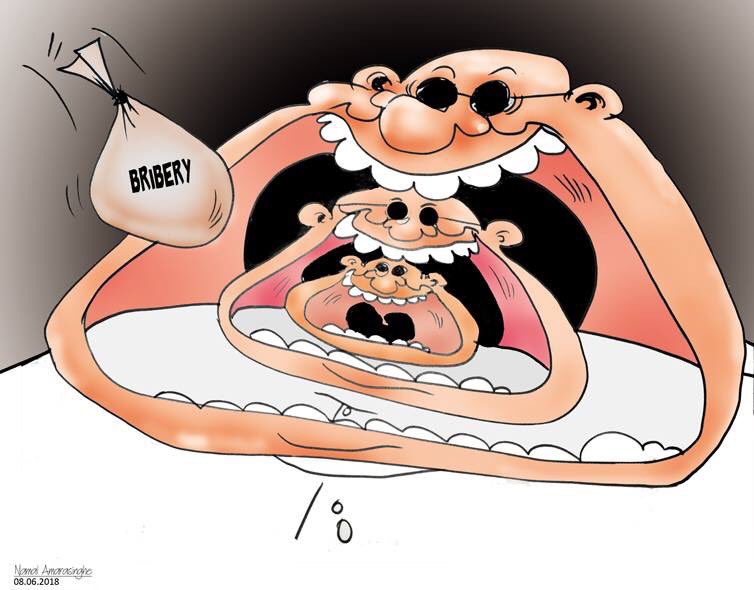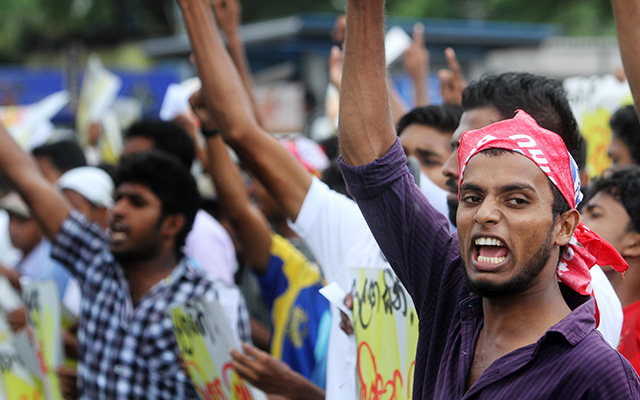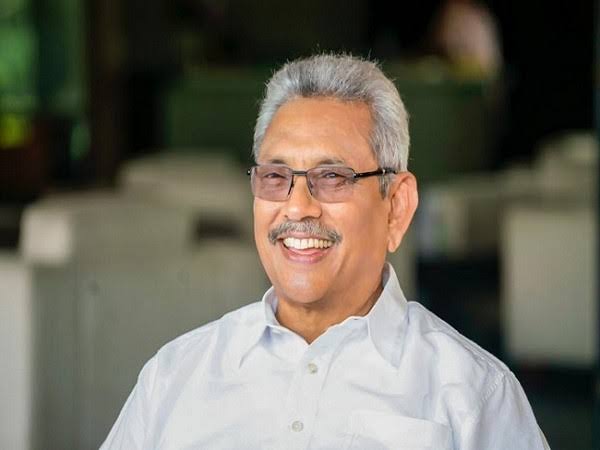A Call For Transparency
09 February, 2020
The history of the Sri Lankan economy reveals it’s trade proceedings from the time which the ancient kings began to send trade delegations to foreign countries. Our small island is gifted with several geographical features like bays, Natural harbours, Estuaries and Navigation Rivers. Later, a closed economy was emerged under the regime of Hon. Sirimavo Bandaranayake, the first and the foremost Prime Minister in the world. However, during the time of Hon, J.R.Jayawardane, the first executive president of Sri Lanka, there was an open economic system which came into the operation under the constitution formed on 7th September 1978. With the expansion of these foreign trade activities, the government tend to protect their domestic industries by imposing taxes and tariffs on imports. On the other hand, other countries also impose taxes and duties on the products that exports to other countries. Based on that concept, FTA’s were emerged between two or more countries, forming bi-lateral and multi- lateral agreements, in order to promote the free trade among the particular countries that are entered into the agreements. Basically, we are producing primary agricultural and industrial goods without adding any value for the goods. Therefore Sri Lanka is considered a simple economic country. Hence, there is a higher possibility to emerge numerous adverse effects from these free trade agreements as we don’t enough power for negotiations. Recently, Sri Lanka entered into a FTA agreement called ETCA with Singapore which possess a massive economy compared with ours. However, our professionals afraid to accept it, because it is believed that ETCA renders adverse effects for their careers. After that, an agreement called MCC was emerged, highlighting some favorable and unfavorable aspects for the socio- economic background in our country. Most significant incident was there were false rumors regarding this deal which has led to make a huge topic in recent presidential election. The ultimate responsibility of the government is to preserve the transparency of these types of overseas agreements. Therefore the transparency is considered one of the significant dimensions that is required in order to reflect an accurate image to the whole society.






